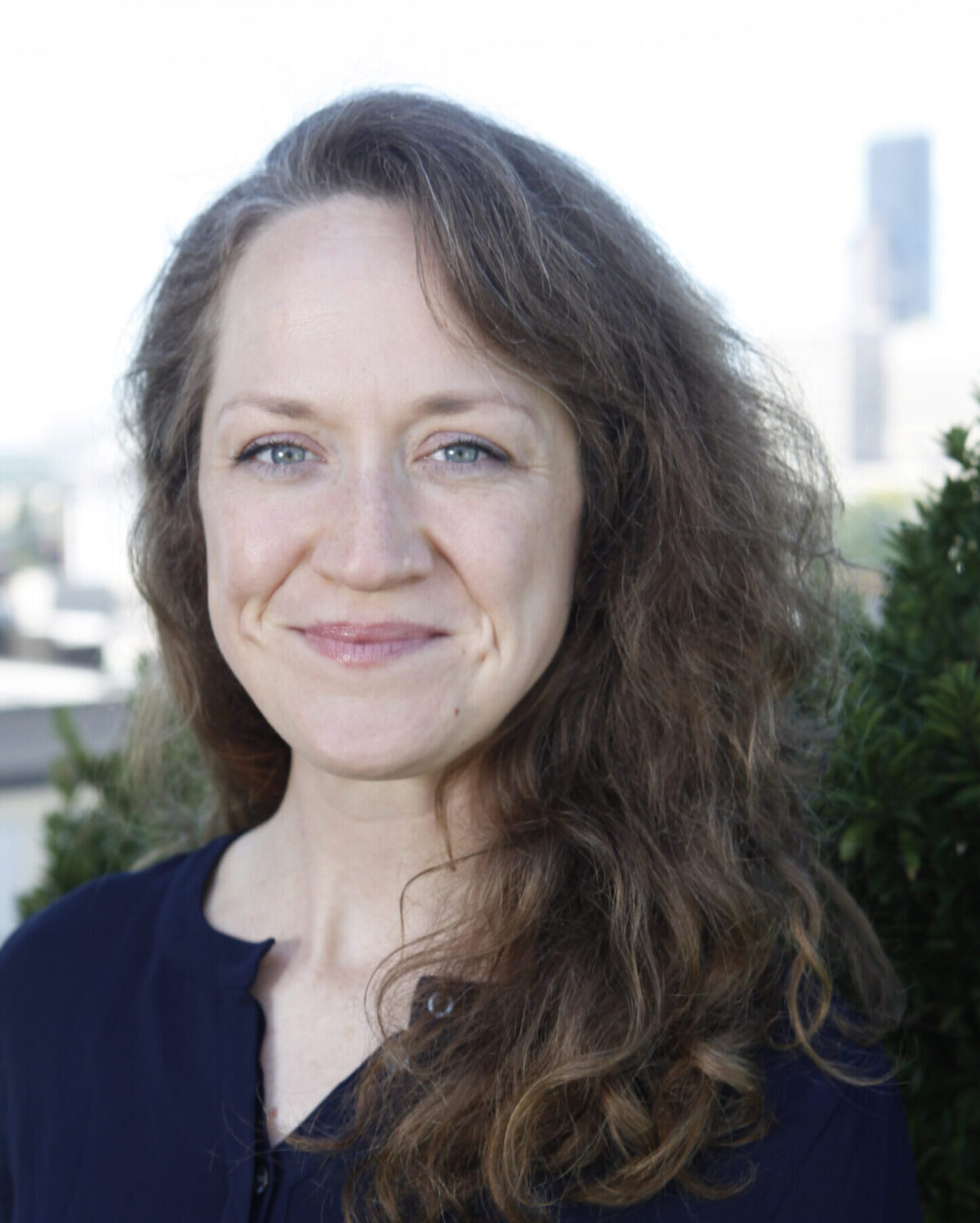Alan
A passionate and surprisingly plausible argument that “douchebag” is that unheard of epithets: a slur used to delegitimize white males.
Affordable owner-occupied housing inside city limits? Hard to come by in Cascadia’s big cities, especially in Vancouver, BC, where bungalows commonly list for $1.2 million. But what if we allowed divided ownership in single-family zones? Patrick Condon dares speak the “subdivide” word in The Tyee.
Split that average home into smaller more affordable parts. Currently subdividing homes into separate ownerships is prohibited in RS-1 zoned areas, and RS-1 zoning covers over 60 per cent of all residential lands in the city. But if you could split a single family bungalow in Killarney or Dunbar into five units of various sizes, the purchase price would be, in simplified terms, $250,000. A figure much more approachable for families earning the average wage.
Kristin
I made a video about how pursuing human well-being, rather than stuff, can make us happier and also avoid global catastrophe. Yay!
Sometimes I wish Elon Musk would expend more of his brilliance on helping us get our act together here on earth instead of trying to colonize Mars. More of his brain and money on Tesla type moon shots, less on actual Mars shots. But I respect that he has a mission to make humans an inter-galactic species.
This is an interesting take on white privilege: the oligarchy in the 17th century created “whites” as a class to be treated slightly better than “blacks” but still not, of course, worthy of having access to things like, you know, voting. Although we have progressed since then, the basic dynamic is the same: the people on the second rung from the bottom don’t fight for more because they are happy that at least they aren’t on the bottom rung. Oligarchy wins again. But maybe we can finally get off the oligarchy/global destruction treadmill if we could give EVERYONE the right to a decent life.
I read The Selfish Gene in my 20s and found it riveting. Turns out, maybe the “Social Genome” is more accurate. The gene may be a blueprint, but it is read in combination with the other genes around it and in conversation with the environment. Grasshoppers and Locusts are the same creatures—same genes, even the same individuals!—just in a different environment. Whoa. What a difference an environment makes. (Also: bad implications there for what happens to all living creatures in the drought/flood/fire filled world of climate change).
Which brings me a back to a nagging concern of mine, about the mantra we have heard for decades that greed is good, and acting in self-interest is to be expected and admired. What happens to this grasshopper with its enormous complicated eyes when it is bathed in that toxic environment of selfishness? Hopefully the increasingly large pile of research about how altruism and trust, not greed, lead to the good life, will start to turn our (social and physical) environment around before we turn into locusts.
Serena
Wow… a drool-inducing article (and photo series) on Patagonia, a company that puts its money where its mouth is when it says it supports work-life balance and happy employees: flexible hours, two-month-long paid maternal and paternal leave, an on-site child development center, healthcare covered at 100%, one to two months of vacation per year. Patagonia scores extra points in my book: “even workers in its Reno distribution center have free yoga, an organic cafe, free scooters and skateboards and hiking trails out the back door.”
The article names several outdoor industry companies that lead on work-life balance, which makes some sense considering that if everyone had more of it, they might spend more time outdoors… you know, with outdoors products. But beyond this, too, the companies are not sacrificing their bottom lines for this priority, and in fact are attracting some of the most talented in the Millennial workforce, who studies have found value both this coveted balance and their companies’ social responsibility commitments.
If you couldn’t make it to the People’s Climate March last month—or even if you could—this video is probably the second best thing to being there. A great nine-minute-or-so video profiling the faith groups, scientists, labor reps, and all variety of different communities who came together in a stunning feat of logistics and public art to make a really big statement about climate change. Fair warning: you’ll definitely get chills right at the end.







